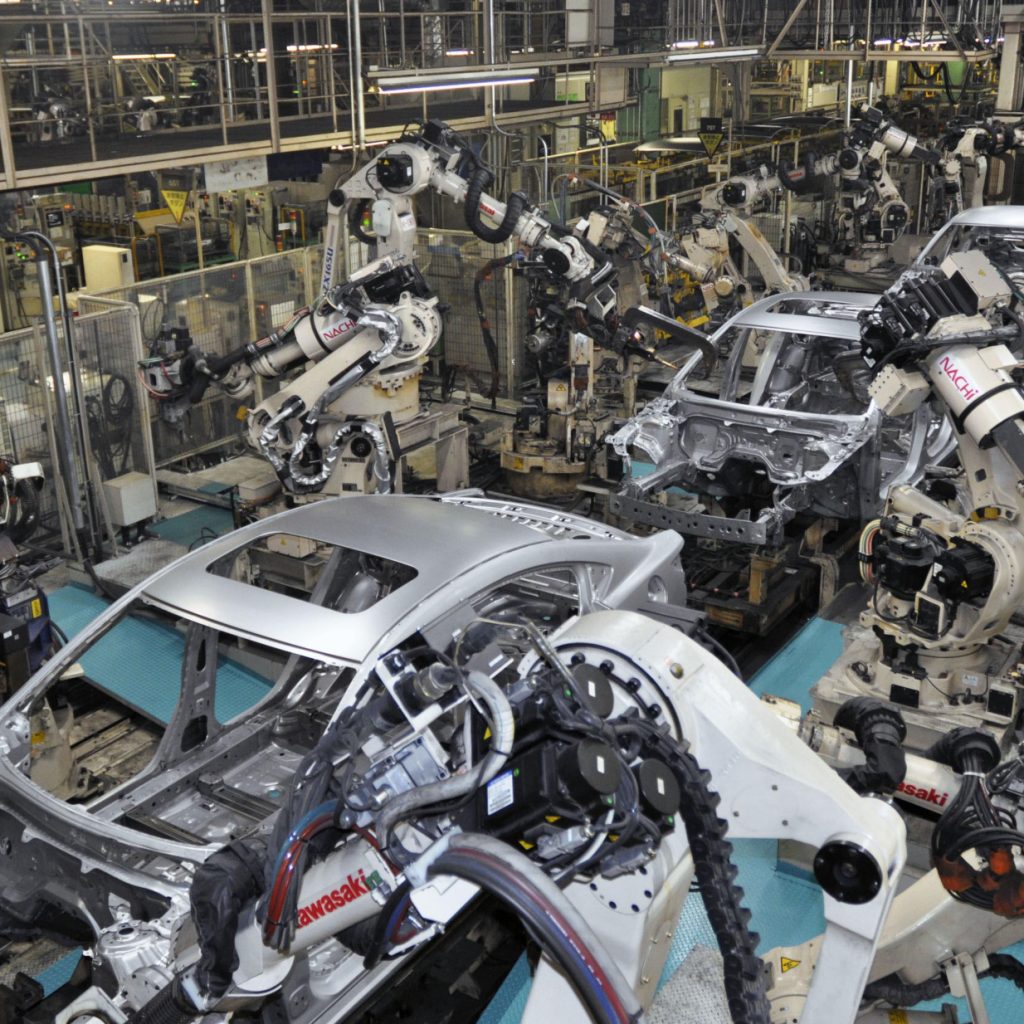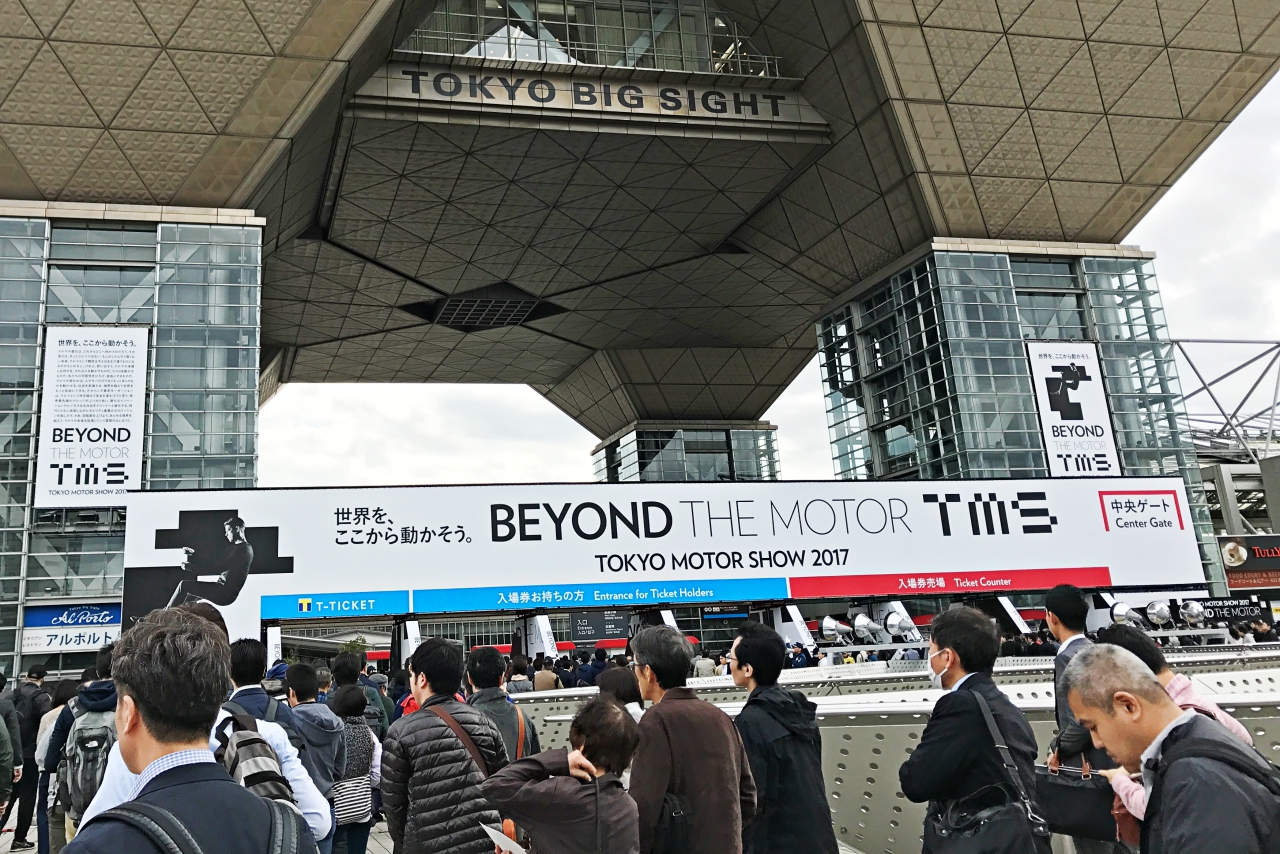The automotive industry is one of the most important industries and largest employers in India. It has a significant impact on the country’s economy and provides jobs to millions of people. With technological advancements, environmental concerns, and changing consumer behavior, it is important to stay up-to-date with the latest news in the automotive sector in India. This article will discuss some of the recent developments, regulations, and market trends that are impacting India’s auto sector today.
Auto sector India Update
The automotive sector in India has been experiencing a significant transformation with the introduction of new technologies and government initiatives. The Indian automotive industry is one of the largest in the world, contributing significantly to the country’s economic growth. Recently, the Indian government announced its plan to introduce an incentive scheme for electric vehicles (EVs) under which it will provide INR 25,000 ($340) subsidy for all two-wheelers and INR 10 lakh ($13,500) for cars.
Additionally, several leading automobile manufacturers have announced their plans to launch electric vehicles in India. For instance, Mahindra & Mahindra recently launched its all-new electric three-wheeler Treo Zor while Tata Motors unveiled its Nexon EV earlier this year. Apart from EVs, there’s also been a surge in demand for used cars due to affordability concerns amid the pandemic-induced economic slowdown.
Overall, these developments are expected to accelerate India’s shift towards sustainable mobility and reduce carbon emissions from transportation. However, challenges such as inadequate charging infrastructure and high upfront costs of EVs still need to be addressed by the government and automakers alike.
Latest Automotive Industry News
The automotive industry is constantly evolving and changing. In India, the industry is experiencing a significant shift towards electric vehicles, as the government aims to reduce carbon emissions and promote sustainable transportation. Recently, Tata Motors revealed its new electric vehicle platform called ALFA (Agile Light Advanced Architecture) that will underpin a range of upcoming electric cars. Additionally, Mahindra Electric announced that it has received orders for over 1,000 units of its Treo Zor electric three-wheeler from Amazon India.
In other news, the Indian auto sector has been hit hard by the COVID-19 pandemic with sales dropping significantly in recent months. However, there are some signs of recovery as car manufacturers resume production and offer attractive discounts to lure customers back to showrooms. Maruti Suzuki reported an increase in sales in September compared to August and Hyundai Motor India also saw growth in domestic sales last month. Despite these positive developments, the industry still faces many challenges ahead as it navigates through uncertain times due to the ongoing pandemic.
Impact of Coronavirus on the Industry
The coronavirus pandemic has had a significant impact on the automotive industry. As nations imposed lockdowns and social distancing protocols, auto factories were forced to shut down, resulting in a decrease in production and sales. The Indian automobile industry has also been hit hard as the country continues to battle rising cases of COVID-19. In April 2021, vehicle retail sales saw a decline of nearly 30%, with passenger vehicle sales dropping by almost 10%.
Apart from production and sales, supply chains have also been disrupted due to restrictions on international trade and transportation. The shortage of semiconductor chips has resulted in further delays for automakers globally. Many companies are now focusing on diversifying their supply chain and investing more in local manufacturing to reduce dependency on foreign suppliers.
However, there is some good news amidst all the chaos. The pandemic has pushed automakers towards innovation and digital transformation. Companies are investing heavily in electric vehicles (EVs) as demand for sustainable transport increases due to the pandemic’s impact on climate change awareness. Moreover, many dealerships have shifted towards virtual showrooms and online bookings as part of contactless service initiatives, which have proven successful so far.
Government Initiatives for the Sector
The Indian government has taken several initiatives to promote growth in the automotive industry. One of the significant steps taken by the government is the National Electric Mobility Mission Plan (NEMMP) 2020, which aims to put six to seven million electric and hybrid vehicles on Indian roads by 2020. The state governments have also set up various policies and incentives like subsidies for manufacturers and buyers, exemption from road tax, registration fees, and more.
Besides this, recently, the Union Minister announced a PLI scheme for the automobile sector that includes an incentive structure of about Rs 57,000 crore over five years. This initiative aims to attract investments in Advanced Automotive Technology products such as Electric vehicle (EVs) Components and Batteries.
Moreover, The Automotive Research Association of India (ARAI), under the Ministry of Heavy Industries & Public Enterprises in India has been working towards developing regulations and standards for the safety testing of vehicles that exceed BS-VI norms. These initiatives aim to support innovation in technology as well as promote sustainable development while ensuring safety standards are met.

Electric Vehicles: Future of India Auto
Electric vehicles (EVs) are the future of the Indian auto industry, with the government pushing for their adoption through various measures such as incentives and subsidies. The country is also home to some of the world’s largest automakers who have been investing heavily in EVs. These companies are not only targeting domestic sales but also looking at exporting electric vehicles to other countries.
However, there are still certain challenges that need to be addressed before EVs can become mainstream in India. One of the biggest hurdles is the lack of adequate charging infrastructure across the country. Another challenge is affordability, as EVs still command a premium price compared to traditional gasoline-powered cars. Battery technology and range anxiety are other concerns that need to be addressed.
Despite these challenges, there is no denying that electric vehicles hold tremendous potential for India’s auto sector. With increasing awareness about environmental issues and rising fuel prices, more and more consumers are likely to switch to electric vehicles in the coming years. As such, automakers need to focus on developing affordable and reliable EVs while also working towards creating a robust charging infrastructure across India.
Trends in Automobile Sales and Production
The automotive industry has seen a significant shift in sales and production trends over the past few years. The rise of electric vehicles (EVs) has been one of the most significant changes. With governments around the world pushing for cleaner energy, many automakers have shifted their focus to producing EVs. This shift is evident in countries like Norway, where electric cars make up more than half of all new car sales.
Another trend that has emerged is the growing popularity of SUVs and crossovers. These vehicles offer a higher ride height, better visibility, and more cargo space than traditional sedans. As a result, they have become increasingly popular among consumers who prioritize practicality over fuel efficiency.
Finally, there has been an increase in online car buying and selling platforms. Many consumers are now choosing to buy or sell cars online rather than visiting dealerships in person. This trend is likely to continue as technology improves and more people become comfortable with making large purchases online.
Environment & Safety Regulations
The automotive industry is one of the largest contributors to global emissions and has been under increasing scrutiny for its impact on the environment. In response, governments around the world have implemented strict regulations to reduce emissions and improve environmental sustainability. In India, the government has introduced Bharat Stage VI (BSVI) emission standards, which aim to bring Indian vehicles in line with European standards by 2020.
Alongside environmental concerns, safety regulations are also a top priority for the automotive industry. Governments have introduced various measures to improve vehicle safety such as mandatory seat belt installation, anti-lock braking systems (ABS), electronic stability control (ESC), airbags and other features that help protect drivers and passengers during accidents. Similarly, India’s Ministry of Road Transport and Highways has implemented stricter crash test norms for all cars sold in India since October 2017.
While these environmental and safety regulations may pose significant challenges for automakers in terms of compliance costs, they ultimately benefit consumers by promoting sustainable practices and improving road safety. As we move further into the future, it is likely that even more stringent regulations will be introduced to ensure a cleaner environment and safer roads for all.
Conclusion
In conclusion, the Indian automotive industry is going through a significant transformation. The push towards electric and hybrid vehicles, stricter emission norms, and increased safety regulations are some of the major factors driving this change. The COVID-19 pandemic has also had a significant impact on the industry, resulting in declining sales and production disruptions.
Despite these challenges, there are reasons to be optimistic about the future of the Indian auto sector. With government initiatives such as Make in India and National Electric Mobility Mission Plan 2020, the industry is poised for growth in the coming years. Additionally, advancements in technology and innovation are leading to exciting new developments in areas such as autonomous vehicles and connected cars.
Overall, while there may be short-term challenges facing the Indian automotive industry, there is reason to believe that it will continue to evolve and thrive in the long run. It will be interesting to see how things unfold over the next few years as companies adapt to changing consumer demands and navigate an increasingly competitive landscape.







